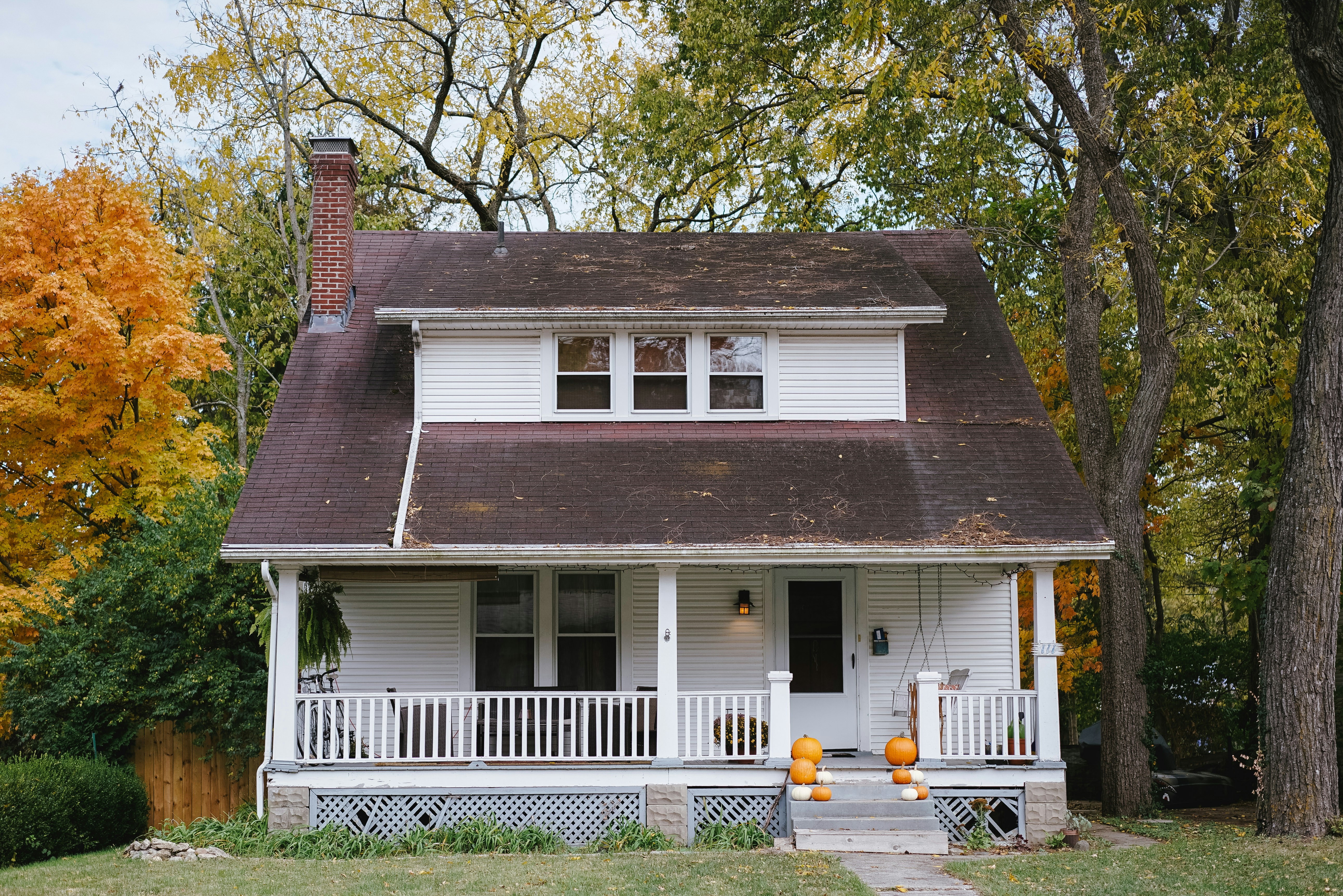Whether you own or rent your home, you may notice airflow and air temperature issues. While it’s common for basements to be naturally cooler than the rest of the house during the summer, attics are naturally warmer. Still, temperature variations can also affect rooms on the same floors in your home.
Your air conditioning (AC) system, the ducts, each room’s direction and location, windows, and exterior features are all factors that can affect a room’s temperature. Learn more about the reasons for temperature variations in your home and how to correct these problems.
Air Conditioners
Your heating, ventilation, and air conditioning (HVAC) system plays a crucial role in regulating your home’s temperature. An air conditioner has been a common feature in new homes for the last 50 years. Your air conditioner keeps your home cool during the summer. When your AC isn’t keeping you cool or the airflow is weak, it can indicate an issue with the system. Ensure your unit is maintained by replacing the air filter regularly. The life of your air filter will depend on the type of filter you use and several other factors, such as your home’s size and the number of occupants and pets. Air conditioner filters typically need to be replaced every 45 to 90 days. Locate a certified HVAC technician and schedule annual maintenance to ensure your system is working correctly. Regular maintenance can extend the lifespan of your HVAC unit and ensure your system can maintain a consistent internal temperature throughout your home. Issues with your AC could be the reason some areas in your home are warmer than others. Your technician can check your system for dirty air filters and perform repairs to improve the airflow.
Ducts and Vents

Your home’s air ducts connect air vents to the HVAC system and allow air to flow throughout your home. When your air conditioner is running, your intake vents draw in warm air that’s sent to the AC to be cooled. Your supply vents distribute cool air throughout the home.
Problems can arise if the ducts are blocked, dirty, or damaged. Blockages can prevent air from flowing through the ducts. You can determine if there’s an issue with a specific duct by performing a temperature check at your vents. Hold a piece of tissue paper in front of each vent when the AC system is engaged. Turn your thermostat down to activate your AC. The tissue paper should be pulled towards intake vents and blown away from supply vents. If the tissue paper doesn’t move or move as much as it did at other comparable vents, it may mean the ductwork is obstructed.
Room Direction and Location

Rooms that face east may be warmer in the morning, while rooms that face west may be hotter in the afternoon. This temperature variation is caused by sunlight entering the home. Address this issue by installing indoor or outdoor shades over your windows. Purchase close-weave drapes made from fabric with a high thread count and hang them over your windows. Keep the curtains closed over your window to block the sun during the appropriate times of day to prevent those rooms from overheating.
Windows and Exterior Features

Old windows can leak, allowing unregulated airflow throughout the year. Replacing old windows to prevent drafts is one way of making your house feel like a home because all areas in your home will be comfortable. You’ll also reduce your energy bill because your AC unit won’t have to work harder due to an unregulated influx of warm air in parts of your home.
Exterior features can also affect the temperature in your home. If a room has trees shielding its windows, it may not have strong drafts, even if it has older windows. Trees can also block out sunlight, which can raise the temperature of the room.
Consider internal and external factors that could cause some rooms in your home to be warmer than others. Once you identify the reason for the issue, take appropriate steps to help regulate your home’s internal temperature. Temperature regulation will make it easier for your AC unit to function effectively, help reduce your energy bills, and extend the life of your HVAC system.





